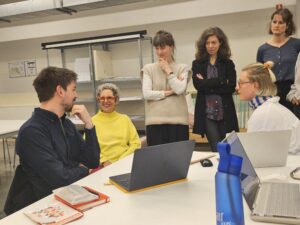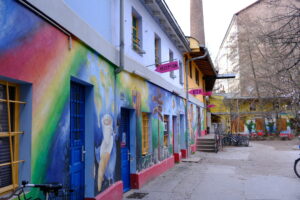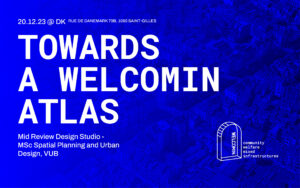Although still a niche within established disciplines, research on urban vacancy has boomed in recent decades, with di;erent research communities investigating different dimensions of vacancy. However, these communities rarely communicate with each other, leading to parallel debates, di;erent conceptual vocabularies and diverging empirical foci. This becomes particularly problematic in the current era, which is best characterized not simply as an ’urban age’, but as one in which city regions find themselves at the heart of economic, ecological and societal crises that are reshaping our world. Vacant spaces can be understood as symptoms of these crises, but also as actually existing and potential sites for experimentation, prefiguring new and more sustainable ways of urban living. To develop this perspective conceptually and empirically, the current paper offers a synthetic review of the existing literature, with a specific focus on the European context. Cutting across different research domains, the paper concludes by proposing an interdisciplinary research agenda on urban vacancy.










